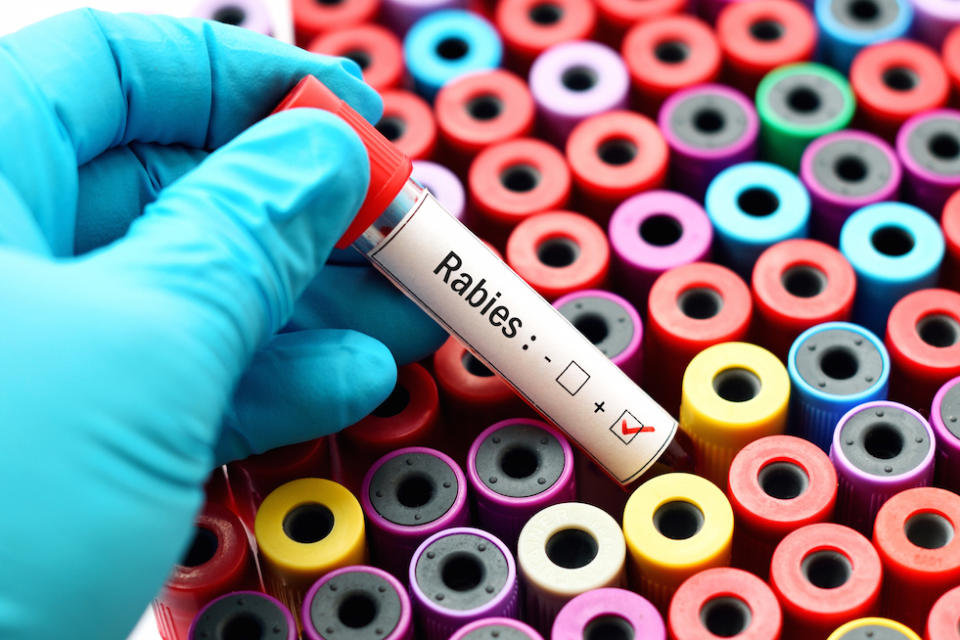Tourist dies from rabies after being bitten by cat
A tourist has died from contracting rabies after being bitten by a rabid cat while holidaying in Morocco, health officials have said.
It is understood the person was bitten a few weeks ago but did not receive a vaccine until it was too late.
Public Health England (PHE) issued a warning to travellers after the UK resident contracted the disease following the bite.

It is believed the Briton sought care both in Morocco and when at home after being bitten.
Professor Jimmy Whitworth, from the London School of Hygiene and Tropical Medicine, said: “My understanding is that this is somebody who had contact with a cat that was behaving abnormally and sought care, I believe in Morocco and in the UK, but unfortunately didn’t receive vaccination until it was too late.
“I believe that the cat bit this person a few weeks ago.
“The typical time interval [for symptoms to appear] is two to three months, so you do have enough time [to seek care].
“But it can be as short as a week and that’s why seeking prompt care and getting vaccination is so important. In this tragic case the person didn’t get the vaccine in time.”

PHE said there was “no risk” to the wider public but as a precautionary measure, health workers and close contacts have been offered vaccination if necessary.
Tourists advised to vaccinate before heading to Asia or Africa
“This is an important reminder of the precautions people should take when travelling to countries where rabies is present,” Dr Mary Ramsay, head of immunisations at PHE, said.
“If you are bitten, scratched or licked by an animal you must wash the wound or site of exposure with plenty of soap and water and seek medical advice without delay.
“There is no risk to the wider public in relation to this case.”
Rabies is passed on through infected animals through injuries such as bites or scratches. It does not spread from human to human.
People who travel to an area of the world where rabies is common – such as Asia or Africa – are advised to consider vaccination.
PHE said travellers to rabies-affected countries should avoid contact with dogs, cats and other animals wherever possible.
More country-specific information on rabies is available through the National Travel Health Network and Centre’s website.
What is rabies?
Rabies is a rare but serious infection which is almost always fatal when symptoms appear. It is usually caught from the bite or scratch from an infected animal.
It is found throughout the world but is more common in Asia, Africa, and Central and South America.
Rabies can be transferred from animals to people. It does not spread from human to human.
Symptoms usually appear between three and 12 weeks after becoming infected. Initial symptoms include fever, headache, feeling unwell and in some cases discomfort at the site of the bite.
Other symptoms appear a few days later, including the signature sign of the disease – producing lots of saliva or frothing at the mouth.
Additional symptoms can include confusion, hallucinations, muscle spasms, difficulty swallowing or breathing and paralysis.
According to NHS Choices, the infection is almost always deadly once symptoms appear, but treatment before this is very effective. There’s also a vaccine for people at risk of being infected.

